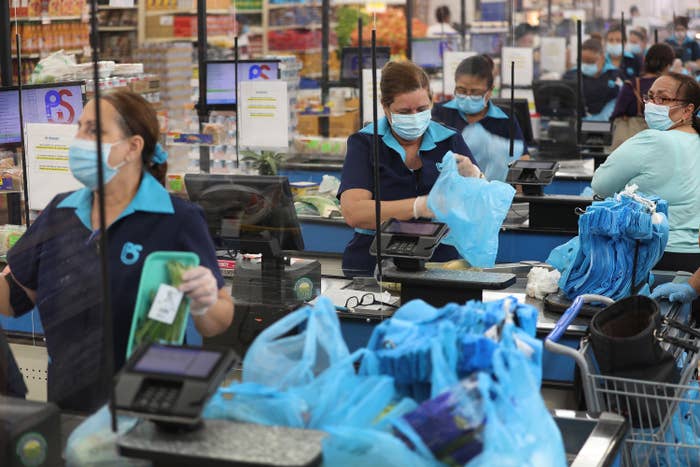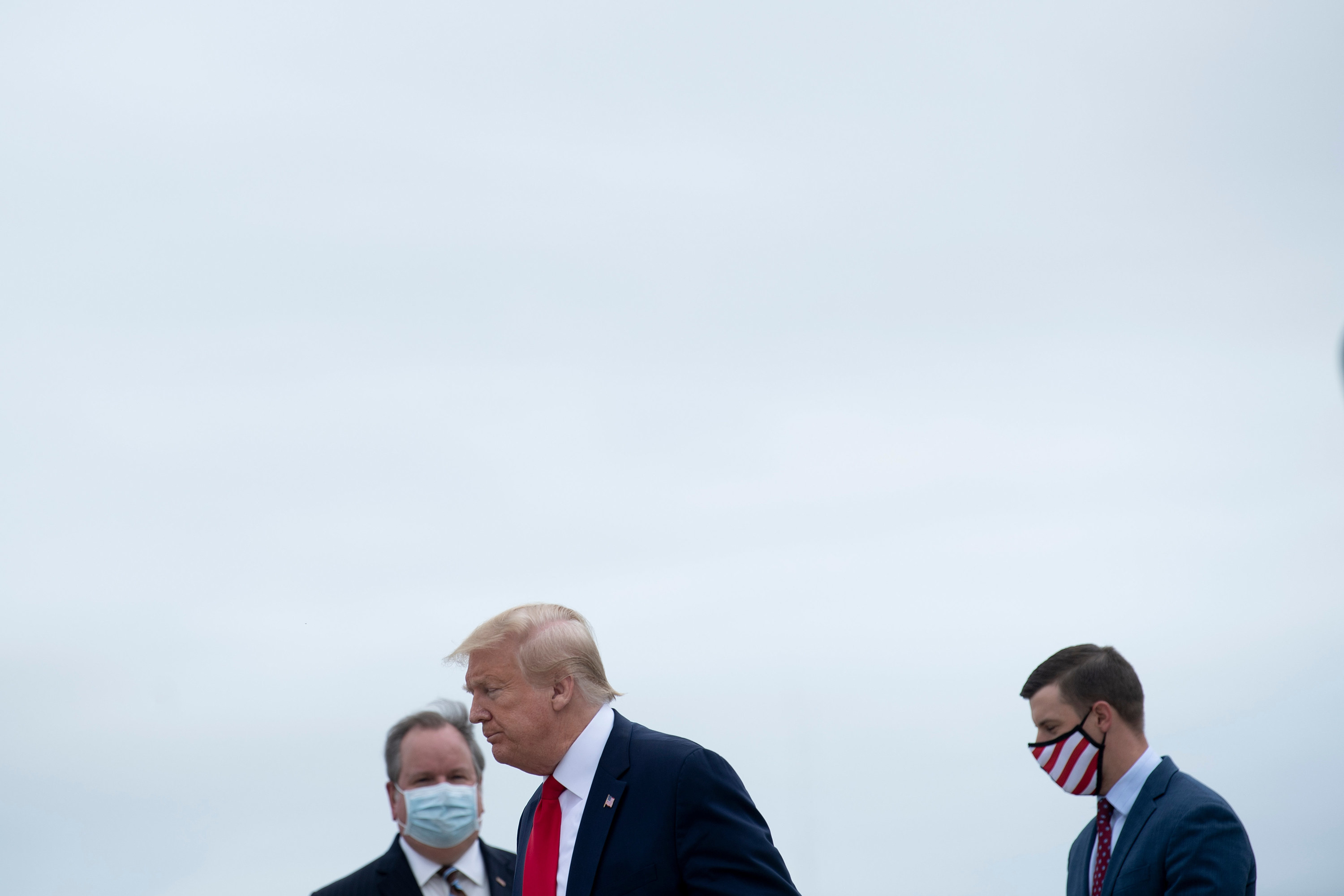
BuzzFeed News has reporters across five continents bringing you trustworthy stories about the impact of the coronavirus. To help keep this news free, become a member and sign up for our newsletter, Outbreak Today.
A doctor testifying at a virtual congressional subcommittee briefing on the coronavirus on Thursday told lawmakers that the country is not prepared to handle a second wave of the virus should it come later this year.
"I do not think that we are currently prepared for a second wave," Dr. Megan Ranney, an emergency physician and researcher at Brown University, said in a stark warning to the public and members of Congress.
Ranney said the inconsistent public health messaging from authorities and the lack of scientific understanding of the novel coronavirus mean the country is not ready for another surge in infections, which public health experts have said will possibly hit in the fall.
"We still lack adequate science. I'm so thankful for the funding that you all have given to the NIH and CDC, but that's not enough, and we need more," she told lawmakers. "We also lack adequate public health messaging. We need consistency in our messaging to the public so that they can believe us. We need to give them accurate data, and we need to give them straightforward answers. We also need to be clear about when and why our answers change and how those depend on science."
But the most crucial barrier to preparing for another wave of the coronavirus, Ranney said, is the continued shortage of personal protective equipment (PPE) and testing for essential workers.
"Everyone who's out there facing the public needs to be safe. And to do that they need to be tested, and they need masks, and gowns, and gloves, and sanitizer," she said.
Frontline workers have raised the alarm about inadequate access to testing and a lack of PPE since the first outbreaks in the country were reported. As state governments engaged in bidding wars with each other and the federal government in an attempt to obtain supplies, employees deemed essential — many of whom work minimum wage jobs — were forced to reuse masks over and over, all while fearing for their health and safety.
Trump, who himself has refused to wear a face mask around others, has repeatedly dismissed concerns about testing and PPE shortages, saying that "everyone who wants a test can get one."
Earlier this month, he disputed an account from a nurse he invited to the White House when she brought up the "sporadic" availability of PPE in some parts of the country.

The lack of PPE was an issue raised by nearly every frontline worker who gave testimony Thursday.
Diana Wilson, an EMT with the New York Fire Department, said that despite being one of the first people coming into contact with a potential COVID-19 patient in crisis, she has gone to work "not knowing if I was going to be provided a medical N95 mask."
"The government failed us by not protecting first responders by providing us with a plan and PPE," Wilson said.
Marcos Aranda, a janitor in San Francisco who lives with his wife, six children, his mom, his sister, and her two children, said he's lucky to have some protective gear, which not all custodians are afforded.
He wears latex gloves and dust masks while at work, "but nothing medical-grade," he said. "I'm not only worried about my health, but also worried about the health of my family."
Eric Colts, a Detroit bus driver whose colleague Jason Hargrove died days after talking about a woman coughing openly on his bus in a viral video, said though the city is now providing passengers with masks when they board the bus, it's not enough.
"But me, working in the inner city, we have a box of 50 masks that by the time I do a round trip, those masks are gone," Colts told lawmakers. "Personal protective equipment has been a constant, constant battle."
As states around the country make the push to reopen businesses against the advice of experts, Ranney, who is part of a grassroots group helping frontline workers access protective gear, cautioned that there still isn't enough PPE for many hospitals at the moment.
"On a national level, we still are millions and millions and millions of pieces of PPE short from what hospitals need currently," she said, "much less what they need in order to build the normal stockpiles that we all keep in order to face pandemic situations."
